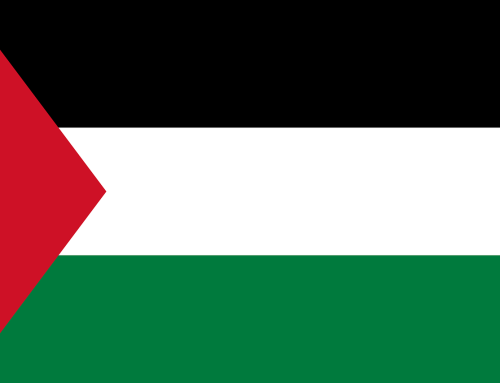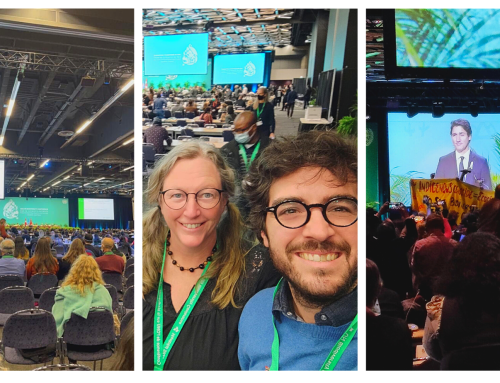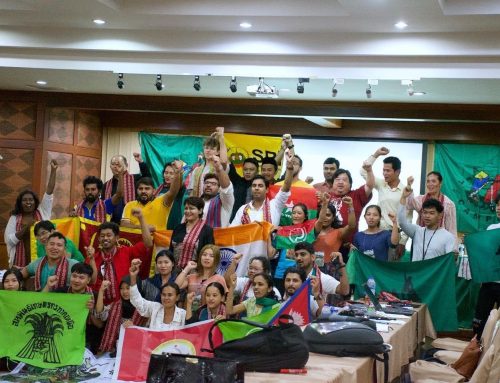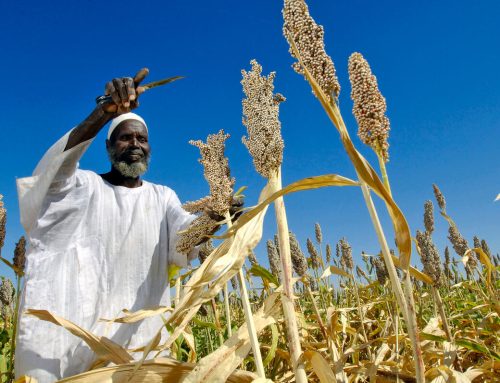Food sovereignty in Brazil: a fight for territory, a fight for democracy
By Alana Mann
While the political and social histories of Australia and Brazil defy comparison, the emergence of a ‘new politics of the rural’ is familiar to both countries. In particular, how protests are organised and operationalised – and the response from the state.
The nature of the rural question itself appears concerned less with agriculture or even livelihoods but more about the specific function of rural space and the type of development that should take place in it.
Last week the crackdown on Coal Seam Gas protests and the labelling of those who want to protect their land and livelihoods as ‘ eco-fascists’ by NSW Energy Minister Anthony Roberts enraged farmer-activists and their allies across Australia.
The criminalisation of protestors and human rights defenders is familiar to Brazilians but the stakes are somewhat higher. Between 1985 and 2006 nearly 1,500 land reform activists and peasant farmers, including children, were killed in rural conflicts. Only 8 per cent of cases were ever brought to trial.
The Landless Rural Workers Movement (MST) is at the forefront of these conflicts. Visiting the Pontal do Paranapanema region in São Paulo State in February this year I witnessed their struggle first hand.
Surrounded by a ‘green desert’ of sugar cane landless families waiting to be settled on a parcel of land shelter in roadside encampments, described as ‘rural favelas’ by an unsympathetic press.
In a country of unrivalled inequality, those who live in the countryside are the most affected. One per cent of landowners control 45 per cent of farmland, a legacy of the large land grants or sesmarias to privileged Portugese families and the institutions of slavery in the colonial era.
As an instrument to redistribute wealth, land reform is not a popular concept in contemporary democracies. Yet, ironically, MST made progress through religious networks, rural trade unions and civil society activism.
In the mid-1990s MST started targeting large global corporations to protest their growing influence in the countryside. Recognising a new set of obstacles to land reform, particularly the green deserts of monoculture.
Media framing of MST as ‘fundamentalists’, ‘terrorists’ and a ‘dangerous menace’ is a response to the growing role of the movement as a leading critic of neoliberal policies and its role as a voice for the rural and urban marginalised.
As in the case of the Lock the Gate Alliance here in Australia, social movements employ forms of public activism that are disruptive in an effort to influence elites through shows of commitment and force of numbers, with the additional goal of building support.
The demonisation of protest by governments and the media demonstrates just how successful such actions can be and to what lengths elites will go to in suppressing them.




